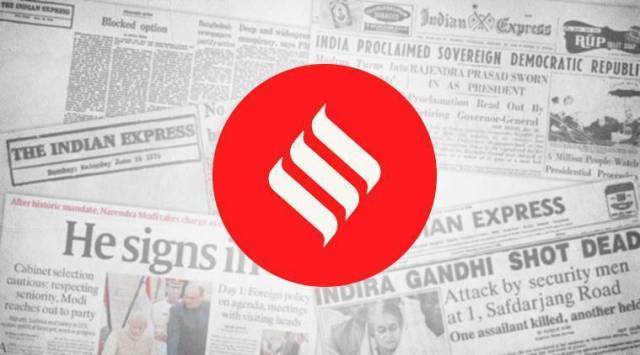
It appears that coronavirus has taught the English something about India that India failed to do in about two centuries of colonial contact. At an awards function of the Prince’s Trust, Prince Charles essayed a handshake but quickly switched to a namaste. Later, the presenters of the show demonstrated a heelshake, as a stand-in for a handshake. It is too absurd to contemplate, and no match for the sophisticated namaste.
So, Prince Charles is going namaste. The permanently embattled Benjamin Netanyahu has promoted it in an address on the coronavirus outbreak in Israel. Even Donald Trump, who is as transatlantic as a double cheeseburger, is doing it. Perhaps the prevalence of Indians globally has something to do with it. Now, the stage is set for cultural supremacists to wade in and ham up a very nice moment in international affairs with self-satisfied social media posts. They would be missing the point. The namaste is being adopted not out of choice, but out of the fear of becoming a pandemic statistic.
However, it is true that the namaste — along with many other contact-free Old World greetings — is remarkably hygienic. It is clinically suited to a region which has always been the happy hunting grounds of contagious disease. A populariser of myth has objected that its origins lie in the system of untouchability, but it hardly seems credible. The caste system has been fairly bloody-minded, and if it were to be reinforced by a hands-off greeting, the higher castes would have invented a rude gesture sanctioned by some god to rub it in. On the contrary, the namaste is graceful and philosophical, and from a postcolonial perspective, it is especially fitting that British royalty has adopted it. This is no time for kissing hands and rings. Just namaste, and hope for the best.